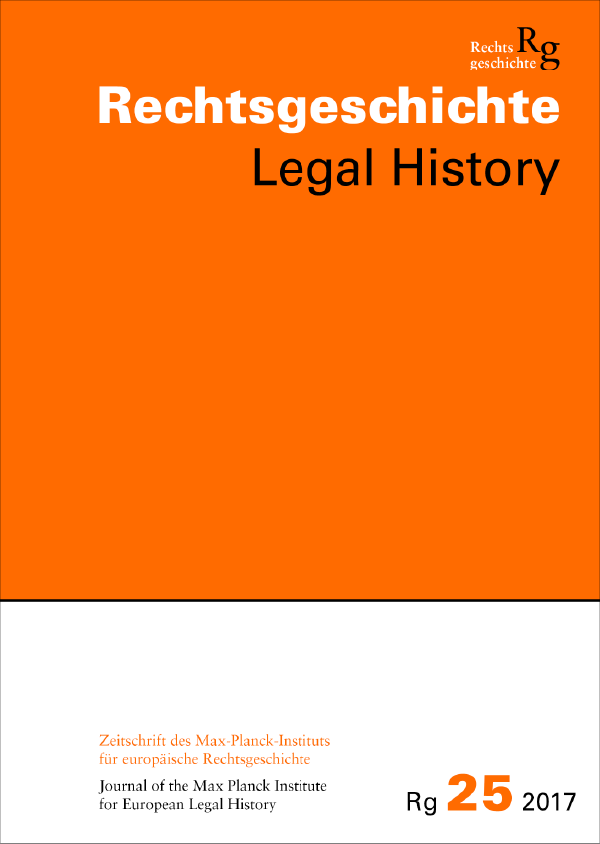The History of National Contact Points and the OECD Guidelines for Multinational Enterprises
DOI:
https://doi.org/10.12946/rg25/195-214Schlagworte:
national contact points, OECD, Guidelines for Multinational Enterprises, responsible business conduct, multinormativityAbstract
This article analyses the legal development of the OECD Guidelines for Multinational Enterprises (MNE Guidelines) and their implementation mechanism – National Contact Points (NCPs). Both the MNE Guidelines and NCPs have matured over the past 40 years. While the MNE Guidelines have broadened their scope of application by covering more themes, NCPs have evolved to become legally binding, resulting in the unique combination of soft-law guidelines with a legally binding implementation mechanism. The legal evolution of the MNE Guidelines and NCPs is analysed by extensively consulting their ›legislative‹ history and by referring to various cases that have been submitted to NCPs and courts. More complex questions are also addressed, for instance, regarding the relation between the MNE Guidelines and customary law and the MNE Guidelines’ legal status since their increased (partial) integration into hard law.This article aims to offer the first comprehensive overview of these often overlooked guidelines from a legal-historical perspective and discusses their multinormativity.
Downloads
Veröffentlicht
Zitationsvorschlag
Ausgabe
Rubrik
Lizenz
Copyright (c) 2017 Autor/in

Dieses Werk steht unter einer Creative Commons Namensnennung - Nicht-kommerziell - Keine Bearbeitung 3.0 International -Lizenz.





